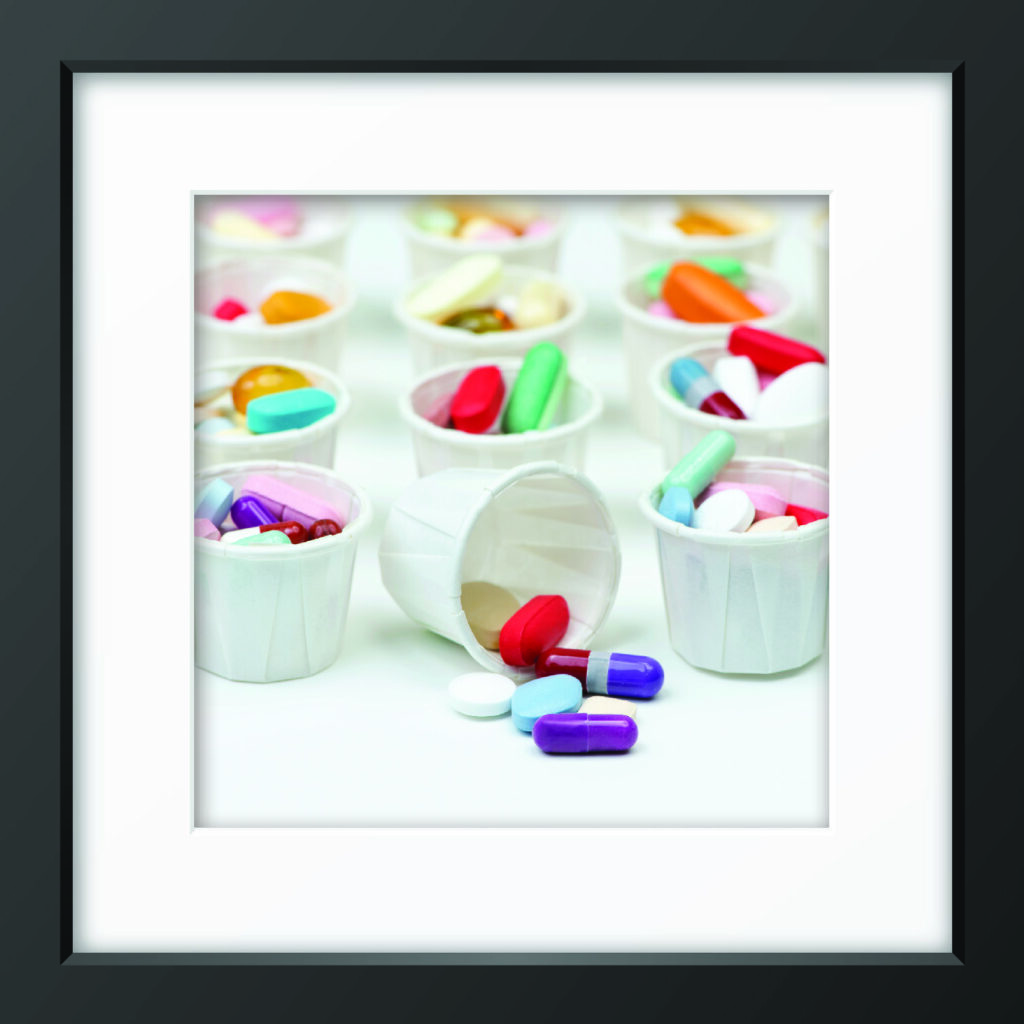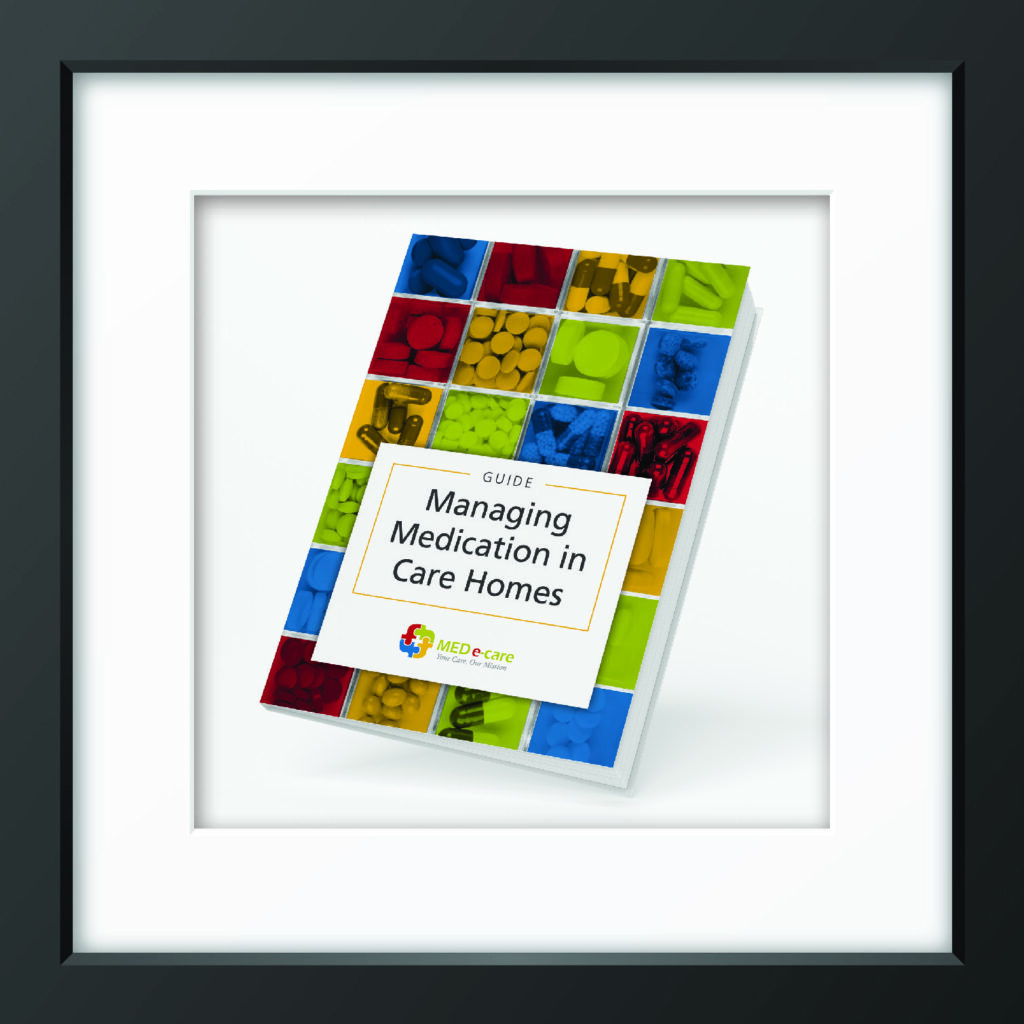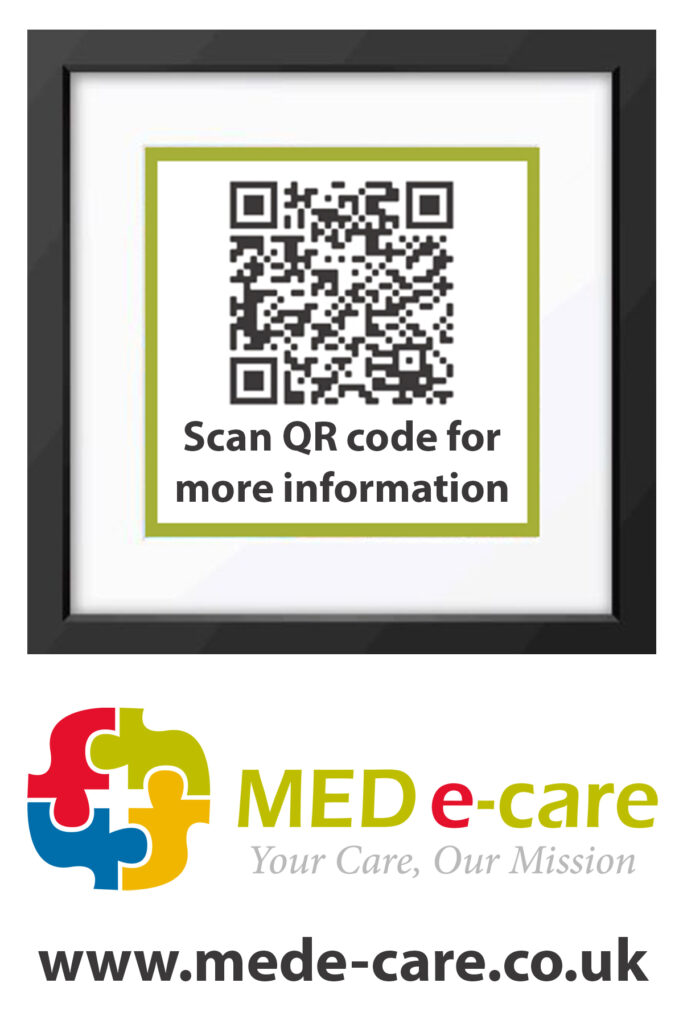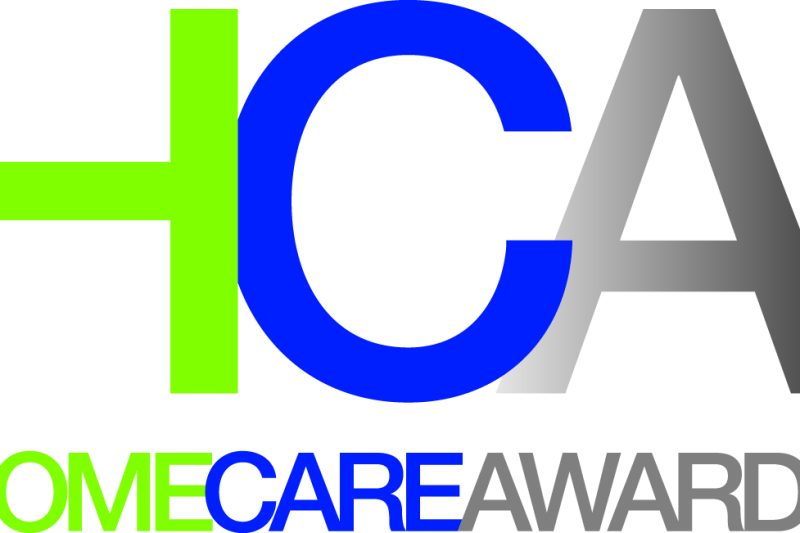As a care provider, do you often feel overwhelmed by care technology? You likely became involved in social care to make a difference and to use your humanity, compassion, and communication skills to make a difference to the lives of the people that you support. It may seem counter intuitive to use so much technology in your job, but there are many benefits. You can instantly show the regulator your outstanding care delivery and that you’re following best practice, you can monitor any trends with your residents and have any concerning metrics instantly flagged up to you and you can have a paperless system that gives you more time to focus on care for your residents.
This year will see social care technology providers continue to evolve with the best practice of interoperability. What does that mean?
Interoperability = The ability to exchange information with other systems.
It means ALL care technology needs to openly talk to each other and share data.
Social care tech needs to integrate with the NHS, GPs, pharmacies, ICS's and other health and social care technology providers to ensure joined up care, single entry of data and first-class care and medication management. Care technology providers need to ensure co-production for continual digital transformation.
5 key benefits of interoperability
1. Informed decision making
Greater levels of access to real-time resident data aids better care. Timely access to holistic views of a patient’s medical history, including medications, allergies, and health or adult social care plans can positively impact the delivery of care through the avoidance of errors, minimising the duplication of work, thereby optimising residents’ outcomes.
2. Efficient care
The current strain on NHS resources is becoming untenable. Increased pressures on healthcare services demonstrates the need for better connected health and social care systems. Interoperability effectively unites organisations, leading to joined up patient care. Key data efficiencies are:
- Reduced duplication of effort
- Increased time efficiency
3. Transfer of care
It is fundamental to always keep medically fit residents out of hospital. Availability of their data ensures residents experience smooth transition between health and social care organisations.
4. Availability of comprehensive resident information
The health and social care landscape is complex. A true shared care record is one that is connected and not reliant upon data locked in disparate systems. Therefore, one benefit of interoperability is being able to access data using single sign on in an existing system or on a mobile device.
5. Improving the resident’s experience
Joining up care improves the resident’s experience. Their data tells a story, and when managing complex conditions or end of life care it is easy access to this data that allows you to provide care that is in line with their wishes.
TOP TIP: If you are looking to purchase or upgrade any form of care software, be mindful to ask about interoperability. Who do they already interface with? How does that interface benefit your residents and your care providing teams?
Interoperability in care technology is imperative for the evolution of outstanding care. Systems working together makes social care better for everyone. This is why MED e-care are committed to their open interface policy. MED e-care offer a modular suite of cutting-edge solutions supporting you to deliver, record and analyse excellent care at every stage of the resident’s journey whilst meeting CQC/regulatory requirements and driving quality improvements. Care home customers such as HC-One and Care UK ultimately benefit as MED e-care eMAR integrates with pharmacy providers and other care technology providers to ensure joined up care, single entry of data and first class medication management. For more information please email info@mede-care.com , click this link or scan the QR code in this article. (624 words)
If being printed or if you are unable to hyperlink digitally, please remove the last sentence and replace with this:
For more information, please email info@mede-care.com or scan the QR code in this article. (621 words)








